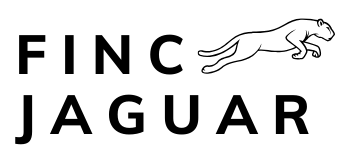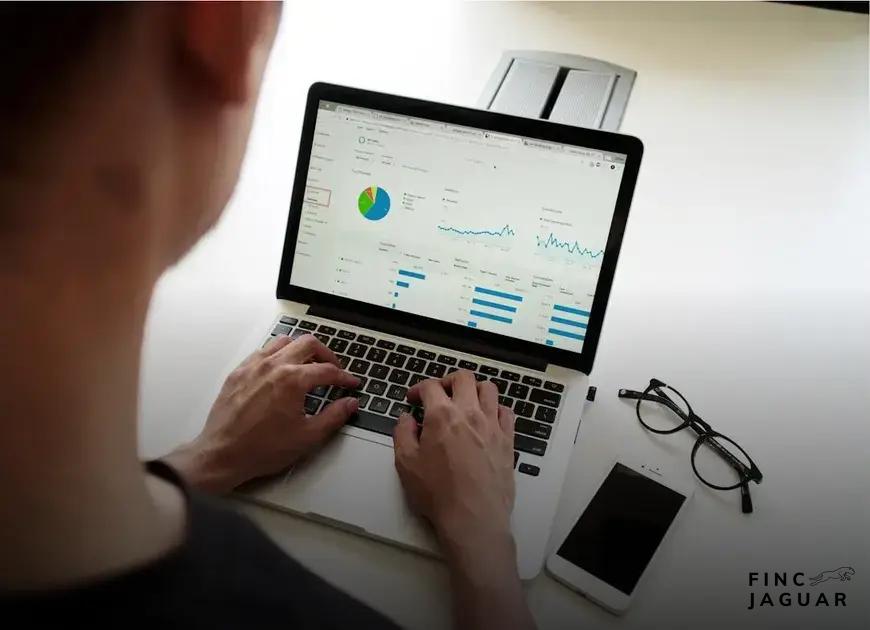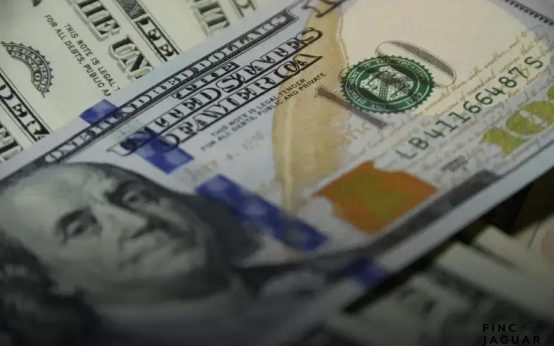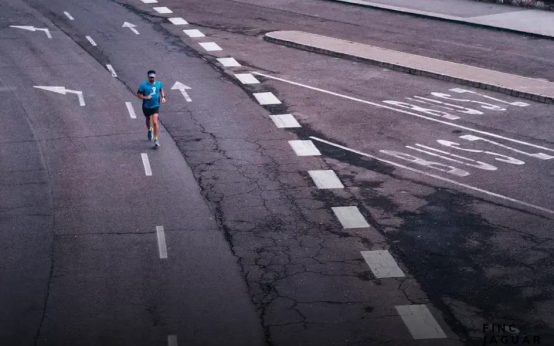Curious about DAOs and their investment potential? You’re not alone. Decentralized Autonomous Organizations, known as DAOs, are revolutionizing how we think about business and investment. Unlike traditional structures, a DAO allows for decentralized governance, prioritizing transparency and community decision-making. But what does that mean for you as a potential investor? In this article, we will explore the ins and outs of DAOs, their benefits and risks, and how they are changing the future of decentralized finance. Stay tuned as we dive deeper into this fascinating topic!
Understanding the Basics of DAOs
Decentralized Autonomous Organizations, or DAOs, are a revolutionary form of organization that operates on blockchain technology. These entities are governed by smart contracts, eliminating the need for a traditional hierarchical structure. Members of a DAO have the power to vote on proposals, making decision-making processes transparent and democratic.
A key feature of DAOs is their reliance on blockchain technology. This ensures that all transactions and decisions are recorded on a public ledger, which enhances security and accountability. Unlike conventional organizations, where authority is centralized, DAOs distribute power among all members, giving everyone an equal opportunity to influence the direction of the organization.
Understanding how DAOs function begins with grasping the concept of smart contracts. These are self-executing contracts with terms directly written into code, facilitating, verifying, or enforcing the negotiation or performance of a contract. They remove the need for intermediaries, thus reducing operational costs and increasing efficiency.
Voting mechanisms in DAOs vary; some utilize a one-member-one-vote model, while others weigh votes based on members’ token holdings. This variability allows DAOs to customize their governance models to suit different needs. Participants can propose and vote on new initiatives, budget allocations, and protocol changes, giving them a direct say in the organization’s path.
Fundamentally, DAOs provide an innovative way to organize and incentivize community participation and collective decision-making, marking a significant shift from traditional corporate structures.
Potential Benefits and Risks of Investing
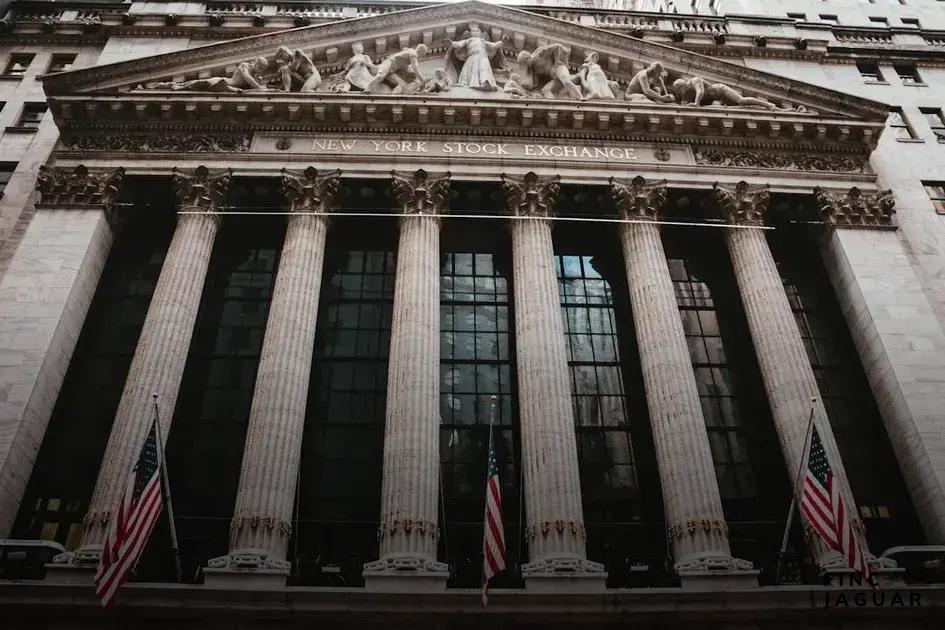
Potential Benefits and Risks of Investing
One of the key benefits of investing in DAOs is the potential for high returns. As a relatively new frontier in the world of investments, DAOs often present unique opportunities for financial growth. This form of investing allows participants to be part of innovative projects and technological advancements, fostering a sense of involvement and community. Additionally, the decentralized nature of DAOs can reduce the influence of traditional financial intermediaries, leading to reduced costs and increased potential for democratized decision-making.
However, investing in DAOs is not without risks. The most significant risk is the high volatility associated with cryptocurrencies and decentralized projects. Market fluctuations can greatly affect DAO token values, causing substantial financial loss. Furthermore, the evolving regulatory landscape presents uncertainty, as laws and regulations surrounding digital assets and DAOs are still developing. Security concerns also pose a threat, as smart contracts—an essential component of DAOs—are susceptible to bugs and hacking, potentially leading to significant losses.
Due diligence and careful evaluation are vital when considering DAO investments. Understanding the team’s reputation, the project’s goals, and the technological soundness of the smart contracts can mitigate some risks. Despite the challenges, with thorough research, investing in DAOs can offer unique advantages to those interested in the evolving world of blockchain and decentralized governance.
How to Evaluate Investment Opportunities
Investment opportunities within DAOs (Decentralized Autonomous Organizations) can be multifaceted. Before diving in, thorough research is crucial to ensure well-informed decisions. Start with understanding the organizational structure and governance model of the DAO, as this will heavily influence how decisions are made and how funds are managed. Look into the community dynamics; a large, active community often indicates a thriving DAO.
Next, check the transparency of operations. Successful DAOs usually maintain open records of their transactions and decision-making processes. Use blockchain explorers to verify the DAO’s activities and ensure that smart contracts are secure and thoroughly audited. Without strong security, investments could be at risk.
Another critical element to evaluate is the DAO’s strategic goals. Determine if its mission aligns with your investment philosophy. Assess the potential for real-world impact, as well as scalability and potential growth in the market. Alongside this, probe into the tokenomics; assess the use of tokens within the ecosystem, as they can affect supply, demand, and overall value.
Risk Assessment
Perform a risk assessment by analyzing both intrinsic and extrinsic factors. Intrinsic factors involve internal governance issues, while extrinsic factors involve market conditions and regulatory environments that could impact the DAO. Also, consider past performance analytics, collective decision-making abilities, and dispute resolution mechanisms.
Real-Life Examples of Successful DAOs
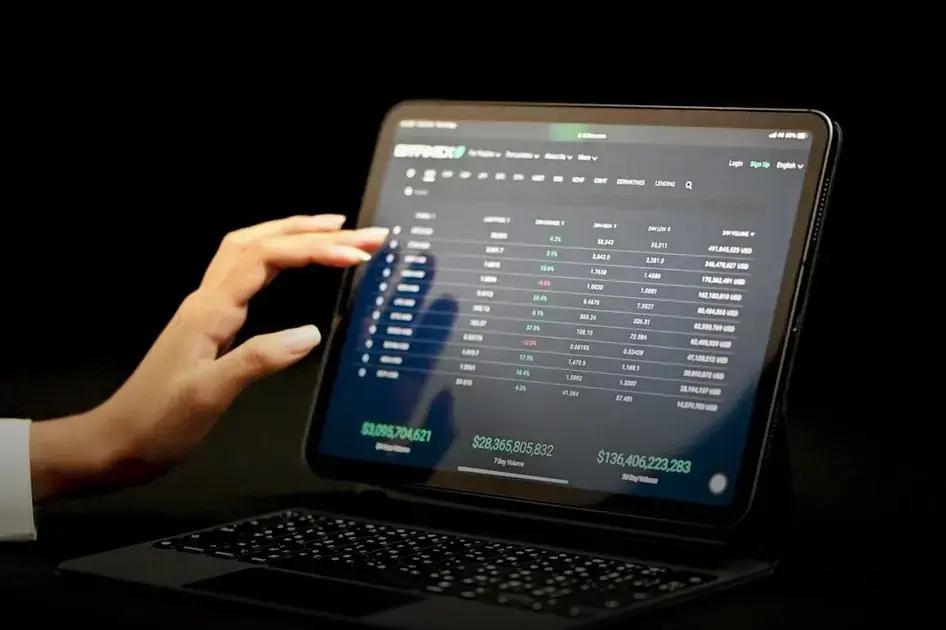
Decentralized Autonomous Organizations (DAOs) have become a significant trend in the blockchain space. These entities operate without a central governing body, allowing for decisions to be made collectively by their members. One remarkable example is MakerDAO, which manages the DAI stablecoin. MakerDAO allows holders of its governance token, MKR, to participate in decision-making processes regarding changes to the protocol.
Another pioneering example of a successful DAO is Uniswap. As a leading decentralized exchange, Uniswap’s governance decisions involve its community through the UNI token. Community members can propose upgrades and vote on key development initiatives, fostering innovation and transparency in its operations.
Aragon is another DAO built for creating and managing other DAOs. It offers tools to create organizations with decentralized governance and provides an infrastructure to ensure democratic decision-making. This has made it popular for projects wishing to implement decentralized governance structures easily.
Within the social sector, DAOstack is a blockchain project that promotes decentralized governance through a modular stack. It enhances the ability of DAOs to utilize the collective wisdom of their members efficiently. DAOstack uses a reputation-based system for voting, ensuring that good decisions result in more influence over the DAO’s future actions.
Lastly, The LAO is a venture collective that pools funds to invest in Ethereum-based projects. It leverages the power of its members and the transparency of blockchain to evaluate potential investments democratically, providing insights into how DAOs can be successful investment tools. These real-world examples highlight diverse applications and the practicality of DAOs in current blockchain ecosystems.
